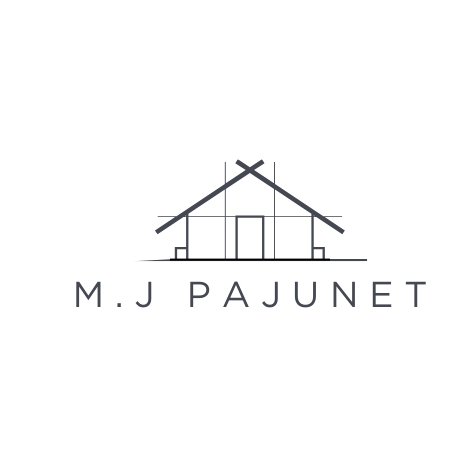5 trends shaping the future of construction
The construction industry is on the brink of a revolution, with several trends emerging that promise to reshape the landscape of how we build. For homeowners, commercial property owners, and real estate developers, understanding these trends is crucial for making informed decisions and staying ahead in a competitive market. Here, we explore five key trends that are shaping the future of construction.
1. Sustainable and Green Building Practices
There is a growing demand for materials that are environmentally friendly and sustainable. Innovations in material science have led to the development of bio-based materials, recycled content, and products with lower carbon footprints.
Modern construction is focusing on creating buildings that are not just energy-efficient but also capable of producing their own energy through renewable sources like solar panels and wind turbines.
Adherence to green certifications such as LEED, BREEAM, or WELL is becoming a norm, with these standards guiding the design, construction, and operation of buildings.
2. Technological Advancements in Construction
BIM technology has revolutionized the planning and management of construction projects, allowing for more precise and efficient workflows.
The use of 3D printing and modular construction methods is increasing, as they allow for faster, more cost-effective building processes with less waste.
Automation and robotics are being increasingly adopted in construction, leading to higher productivity and addressing labor shortages.
3. Enhanced Safety Measures
With the advent of new technologies, PPE has become more sophisticated, offering better protection and enhancing worker safety.
Technologies such as drones, wearables, and AI are being used to monitor worksites and improve safety protocols.
There is a greater emphasis on training and education to ensure that workers are skilled in the latest construction methodologies and safety practices.
4. Focus on Smart Buildings
Smart buildings are becoming more prevalent, with IoT devices enabling remote monitoring and management of building systems.
Advanced BMS are being developed to optimize building operations, energy consumption, and provide a better occupant experience.
Materials and structures that can adapt to environmental changes and provide data on building performance are being integrated into new construction projects.
5. Evolving Project Delivery Methods
Collaborative project delivery methods such as Design-Build and IPD are gaining traction, fostering teamwork and streamlining the construction process.
Lean construction techniques are being applied to minimize waste and maximize value throughout the construction process.
New financing and procurement models are emerging to accommodate the changing needs of the construction industry and its clients.




Comments (0)